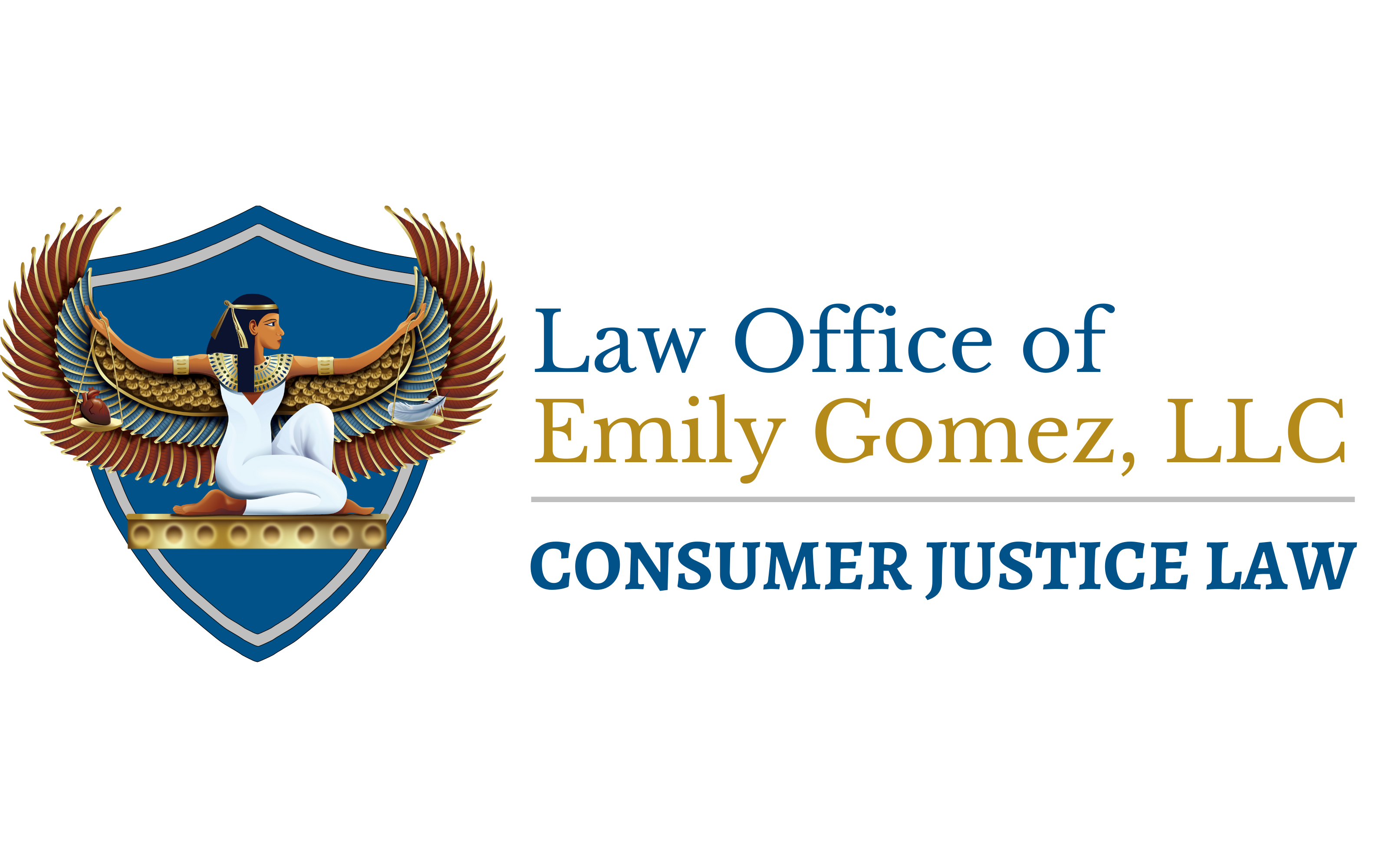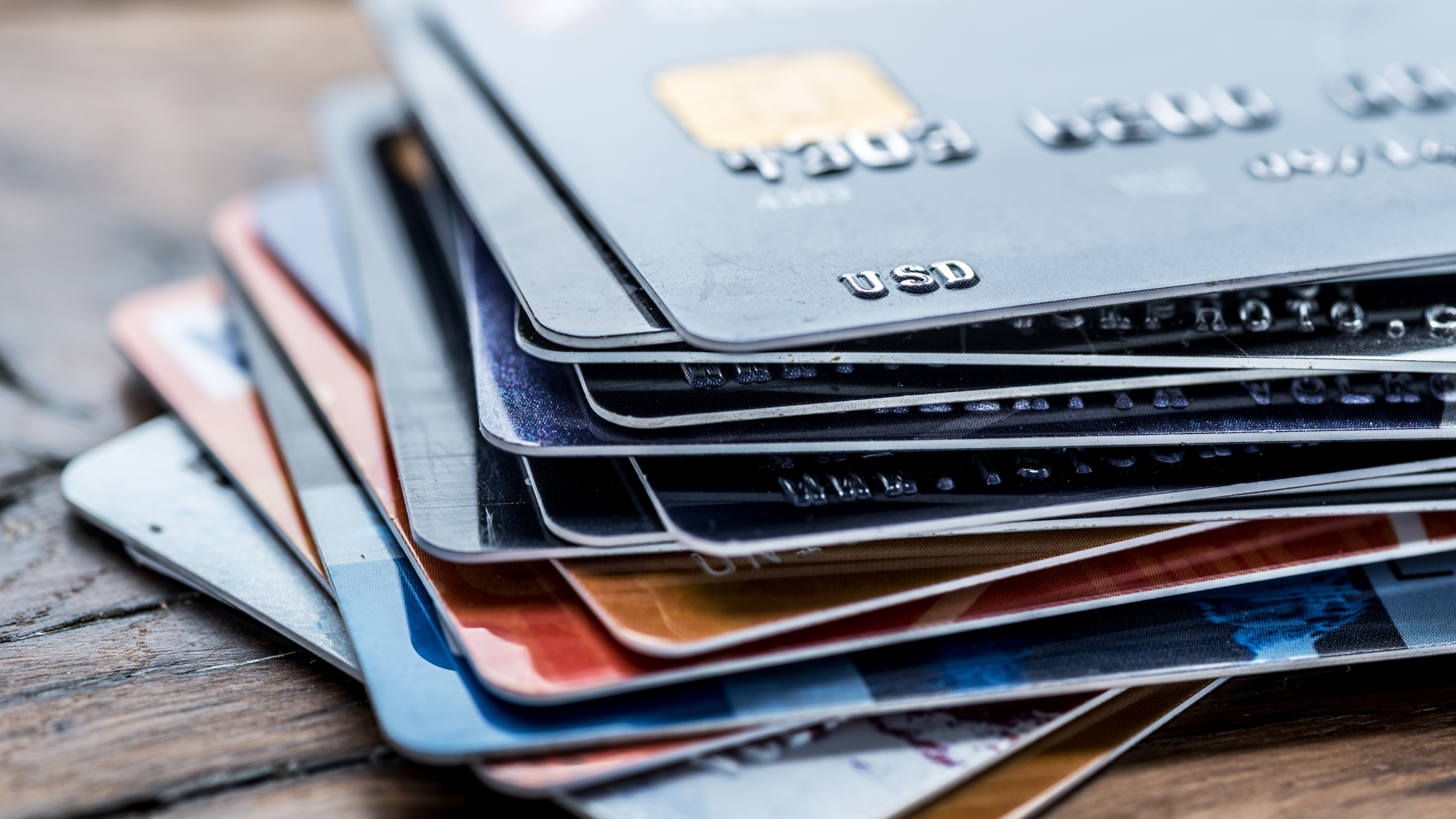Understanding Magisterial District Courts
The Magisterial District Courts (“MDJ”) of Pennsylvania are the lowest-level courts within the Pennsylvania judicial system. These are neighborhood courts, often found in strip malls or occupying storefronts in commercial areas. MDJ courts handle tens of thousands of civil, criminal, and municipal cases each year. Within Allegheny County alone, there are forty-six (46) different courts covering different neighborhoods. With respect to civil cases, MDJ courts can handle disputes involving up to $12,000.
If you are sued in a credit card lawsuit in MDJ court and want to buy yourself some time, there are several different strategies you can use. These strategies will serve you best if you are doing something productive with the additional time, such as for purposes of earning some money to hire a lawyer, earning money to negotiate a better settlement, or using the time to come up with some other plan (borrowing money, bankruptcy, etc.). Don’t just kick the can down the road—the case has to be heard eventually.
How to Delay a Court Hearing
Step 1: File a Notice of Intent to Defend
In civil cases in front of the Magisterial District Courts, Rule of Civil Procedure 305(4)(a) requires that you tell the magistrate (either by phone or in writing) if you intend to defend the case. The reason that this rule exists is because most creditors (whether they’re banks or debt collectors) sue a LOT of people. And much of the time, people don’t show up in court. Creditors don’t bother hiring lawyers (and save themselves money) if someone isn’t coming. The upshot of all this is—if you don’t tell the magistrate that you’re going to defend the case, your creditor isn’t going to send an attorney for your case that day.
Why does this matter? Well, if you call up the magistrate the day before the hearing and tell him or her that you intend to defend the case, the hearing date is going to be moved. Creditors would not be prepared to have the hearing, because they would not have hired a lawyer to be there on their behalf. Similarly, if you just showed up at the hearing without telling anyone that you were coming, it’s likely the hearing would also be moved. However, if you just show up in person, you run the risk of there being a lawyer present for the creditor on someone else’s case—so it’s better to call the magistrate up a day or two before and tell him/her you intend to defend. You also save yourself a trip to and from the magistrate.
Typically, rescheduling a civil case in an MDJ court results in you getting yourself an additional two weeks or so.
Step 2: Requesting Continuances
Because the MDJ courts are the lowest-level courts in the Commonwealth and handle a lot of minor matters, they are accustomed to regular people representing themselves without lawyers. As a result, they tend to be flexible when it comes to granting people extensions of time (called continuances). However, you have to request the continuances, and you can’t ignore court correspondence.
Generally speaking (certain judges are exceptions), most MDJ courts will easily grant a credit card defendant two continuances. If you have a good reason, you can sometimes get a third one. One of the best reasons to ask for a continuance is needing more time to find and hire a lawyer. Another excellent reason for a continuance is a scheduling conflict, whether that’s a conflict you have or a conflict your lawyer has. Lack of transportation is not a valid reason; these days, there’s always Uber.
As with case rescheduling due to a carefully timed Notice of Intent to Defend, each continuance usually buys you about two (2) weeks.
Step 3: Appeal to the Court of Common Pleas
OK—you carefully timed your Notice of Intent to Defend, and you obtained two continuances. All told, you bought yourself 6–8 weeks. However, the MDJ court isn’t granting you any more continuances, your hearing is coming up, and you STILL need time to put together the necessary money to either (a) hire a lawyer or (b) negotiate a settlement. What do you do?
Filing the Appeal
At this point, your best move is probably to let the hearing happen (no need to attend yourself). A default judgment will be entered against you, but you’ll then appeal it to the Court of Common Pleas within thirty (30) days.
What’s that, you say? Allow a judgment to be entered against me? Yes, you heard that right—provided you appeal within 30 days (in accordance with MDJ Rule 1002). The reason this works is because, once appealed, the MDJ judgment is a thing of the past. Civil suits that are appealed to the Court of Common Pleas are total do-overs; it’s as if the MDJ hearing never occurred.
If you want to maximize the amount of time you buy yourself, wait until nearly the end of the 30-day appeal period before appealing. You’ll have to go to your county’s Prothonotary (Department of Court Records) to file the appeal, and either pay the appeal fee or ask the court to waive the fee if your income is low enough to qualify.
What Happens After an Appeal
Once up on appeal, the case will not move forward unless and until your creditor files a formal complaint (which is different from what they filed at the MDJ). If your creditor is organized, they’ll file something and serve it within twenty (20) days. If your creditor is disorganized, it could be months.
At the Court of Common Pleas, different counties schedule their credit card cases differently once a complaint is filed. In Allegheny County, credit card cases wind up in the “Arbitration” division and usually get scheduled about 3 months out. This may vary depending on how full the dockets are—it can be longer. Most other counties similarly have arbitration divisions in which credit card lawsuits typically fall, but the hearings may or may not be automatically scheduled. In many instances, either a Plaintiff or a Defendant will need to “praecipe”—that is, ask the court—for a hearing date. In such situations, it can again be quite a while (months) before a hearing takes place.
Conclusion: Use Your Time Strategically
Between all of these different stages of the legal process, there is ample opportunity for you to buy yourself some time to set aside funds to either hire an attorney to defend you, or to set aside funds so that you have something to negotiate with in discussions with your creditor. The main thing to remember, if you choose to buy yourself time, is to USE YOUR TIME WISELY.







